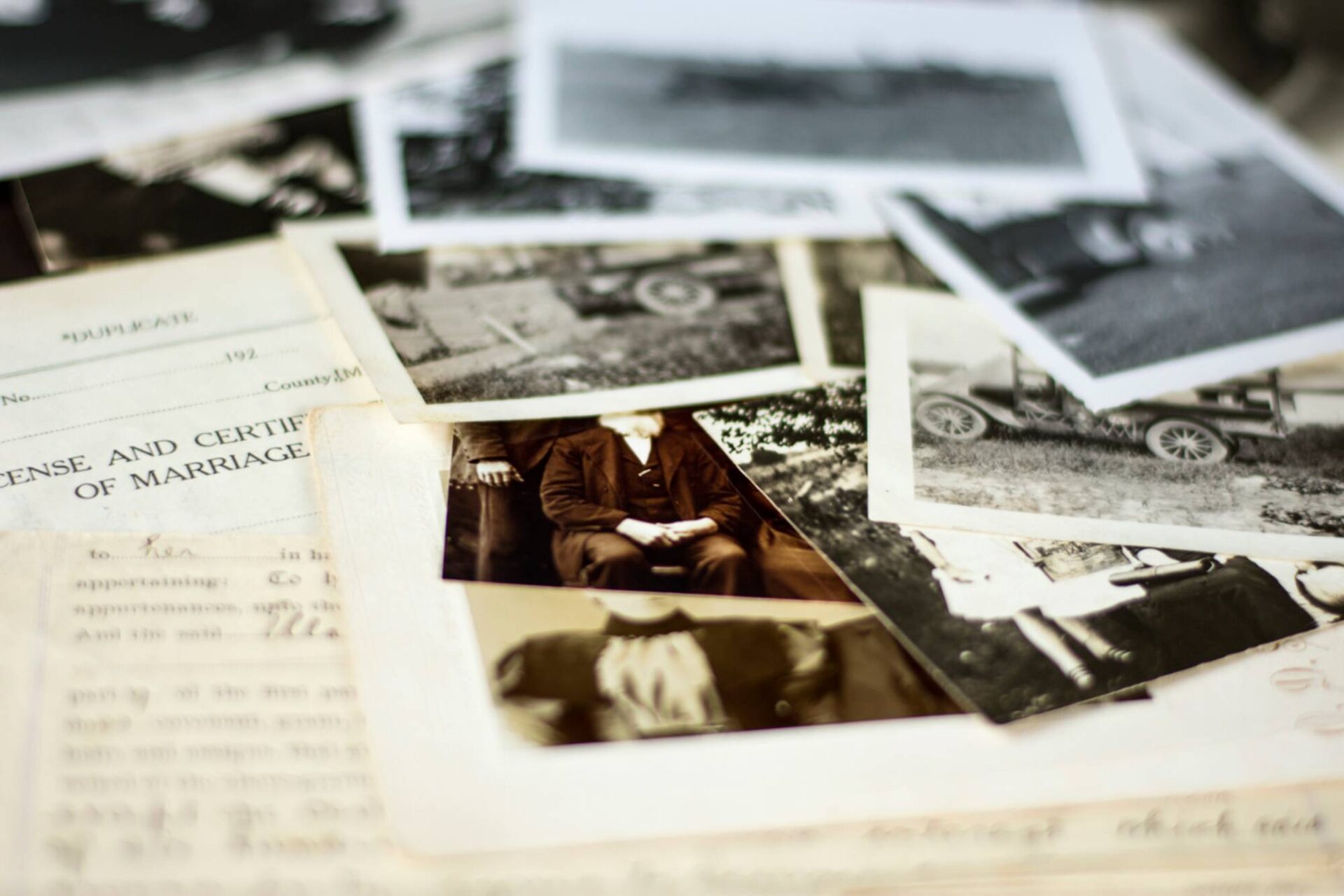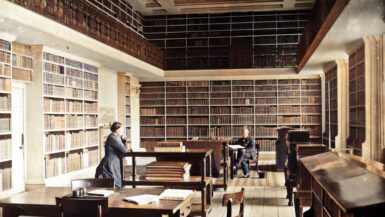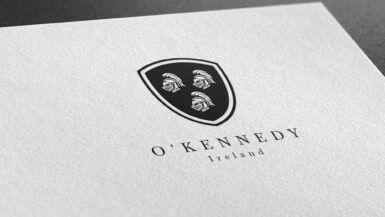The surname Carroll boasts a prominent place in the rich tapestry of Irish history. Believed to have originated in the medieval period, the Carroll name is intrinsically linked with the distinct Gaelic culture of Ireland and represents a heritage of resilience and courage.
Etymology and Meaning
The Carroll surname finds its roots in the Gaelic names “Cearbhaill” or “Cearúil,” which poetically translate to “fierce in battle.” This evocative meaning imbues the name with connotations of bravery, valour, and martial prowess, reflecting the turbulent historical periods from which it arose.
Earliest Known Usage
Records indicate the earliest known usage of the Carroll surname within the ancient Kingdom of Oriel. This historic kingdom, nestled within the modern borders of County Louth and County Monaghan, is noted for its strong Gaelic traditions and resistance against foreign invasions.
Geographic Distribution
With its roots deeply planted in Irish soil, the Carroll name has since spread across the globe. This diffusion is most apparent in nations home to significant Irish diaspora populations, such as the United States, Canada, Australia, and the United Kingdom.
Original Geographic Location
The earliest Carroll clans are most associated with the territories now known as County Offaly and County Louth. These regions acted as fortresses for the powerful O’Carroll clans, who wielded considerable influence over their surroundings.
Migration Patterns
Like many Irish surnames, Carroll experienced notable migration during the devastating Great Famine of the mid-19th century. This period of intense hardship spurred countless Carrolls to seek new lives in North America, Australia, and other regions, leading to the global spread of the surname.
Historical Context
Notable Historical Events
Carroll clans played a pivotal role in the annals of Irish history, particularly the O’Carroll clan of Éile, also known as Ely O’Carroll, hailing from County Offaly. Their exploits, leadership, and clashes with invading forces form a vibrant part of Ireland’s past.
Involvement in Key Moments in History
The Carroll name is etched in the chronicles of resistance against English rule in Ireland. Bearers of the surname were often at the forefront of rebellions, leading charges and participating in defining historical moments.
Notable Bearers of the Surname
Famous Individuals
Lewis Carroll, the pen name of Charles Lutwidge Dodgson, author of the famous “Alice in Wonderland,” is perhaps one of the most well-known bearers of the Carroll name, albeit adopted. In addition, Charles Carroll, an Irish-American, holds the distinction of being the only Catholic signatory of the United States Declaration of Independence.
Influential Figures
Notable Irish figures bearing the surname include Dr. James Carroll, a pioneering microbiologist in the late 19th and early 20th centuries, and Eamon Carroll, a well-known Irish politician. Internationally, Carroll O’Connor, an American actor, and Tom Carroll, a professional surfer, also come from this distinguished lineage.
Variations of the Surname
Spelling Variations
As with many Irish surnames, Carroll comes in several variations including O’Carroll, Carrol, Carrell, and more. These versions often arose as a result of phonetic spelling during the anglicization process.
Regional Differences
Dialects and accents in different regions have also led to variations in the spelling and pronunciation of Carroll, adding to its diversity.
Current Statistics and Distribution
Frequency and Global Distribution
Carroll remains a prevalent surname in Ireland, and thanks to the historic Irish diaspora, it has found a home across various continents.
Changes Over Time
Population growth and migrations have caused the distribution and frequency of the Carroll surname to change and evolve over time, with concentrations shifting and diversifying.
Family Coat of Arms
The Carroll family Coat of Arms is traditionally represented by a quartered shield, each part containing a lion rampant. These lions symbolize bravery, strength, and fierceness in battle, reflecting the etymology of the name itself.






how do you pronounce Ui Cearbhaill in 12 century Irish?
would Ui ever be used for a daughter?